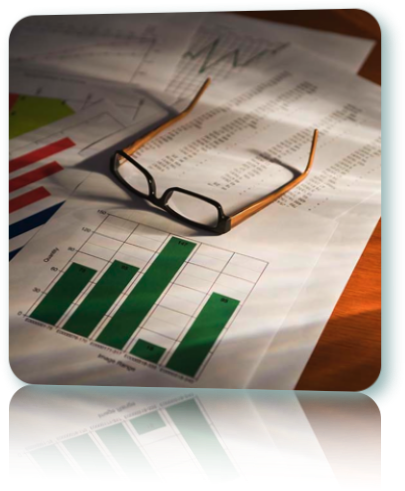 Looking at the record-high unemployment rate, high credit company fees and lowered home values, exactly how were consumers paying down their unsecured loans last year? New studies are showing that they weren't. Though the repercussion of defaulting is a lowered credit score and credit strain in the future, many consumers were just too stretched to manage cr! edit wisely. The numbers being compiled by the Federal Reserve show that there was a huge drop in credit card debt throughout 2009. A knee-jerk assessment may be to look at that as good news, but further inspection shows that it isn't. The truth about the lowered amount of debt is that the bulk comes from banks that were forced to write off loans consumers failed to pay. Typically, once a balance is 180-or more days due, it is considered a write-off.
Looking at the record-high unemployment rate, high credit company fees and lowered home values, exactly how were consumers paying down their unsecured loans last year? New studies are showing that they weren't. Though the repercussion of defaulting is a lowered credit score and credit strain in the future, many consumers were just too stretched to manage cr! edit wisely. The numbers being compiled by the Federal Reserve show that there was a huge drop in credit card debt throughout 2009. A knee-jerk assessment may be to look at that as good news, but further inspection shows that it isn't. The truth about the lowered amount of debt is that the bulk comes from banks that were forced to write off loans consumers failed to pay. Typically, once a balance is 180-or more days due, it is considered a write-off.
Defaulting loans in 2009 - the huge write-off amount
In 2009, banks wrote off over $83 billion in credit card debt. That is a record-high number, and it shows how much strain consumers were under as a result of the recession. Since that makes up for the bulk of the decline in credit lending totals, is proves that lenders are going to move cautiously into the future. The Federal Reserve's reports on outstanding loans reveal larger problems for future credit lenders. They are going to face a consistent lowered priority if the economy falters again. People become focused on survival and paying off mortgages, cars and monthly expense, rather than paying down debt. More and more consumers are willing to ignore debt and risk their credit scores in turn, in lieu of their property. ... click here to read the rest of the article titled "Unsecured Loans and the 2009 Economy"
No comments:
Post a Comment